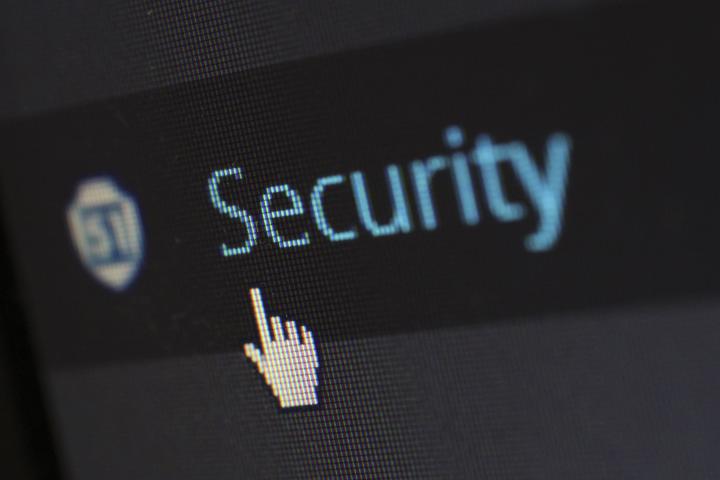New year cyber-resolutions
Did you know that everyday activities such as paying bills, online shopping, social media and other digital transactions all leave a digital footprint? As the new year unfolds, it's a good time to address and refine this footprint to safeguard yourself.

Here are 10 steps from Police Scotland that you can take to stay secure online:
1. Change all your passwords, including default passwords, to the current recommendation of Three Random Words.
2. Create new and separate email accounts for banking, social media, shopping online and personal correspondence.
Check if your email has been compromised in a data breach
3. Don't include personal details in your email address. For example, jimblack1980@google.com.
4. Close old applications or accounts that you are no longer using.
5. Use the junk folders in your email to block scammers from contacting you.
6. Enable multi-factor authentication wherever possible.
Set up multi-factor authentication for your University email address
7. Don't connect to the internet using unknown hotspots when on the go. Instead, use your 3G, 4G or 5G mobile network with built-in security.
8. Ensure your security, privacy and location settings are set appropriately for the application.
9. Back up your important data and images to an external drive or cloud to restore the data if your device is compromised.
10. Ensure all applications, operating systems, and devices - such as computers, phones, tablets, smart devices and TVs are automatically updated.

